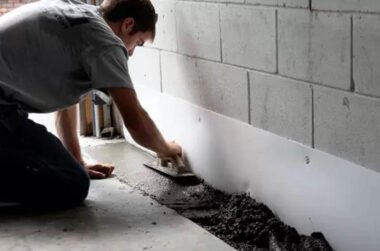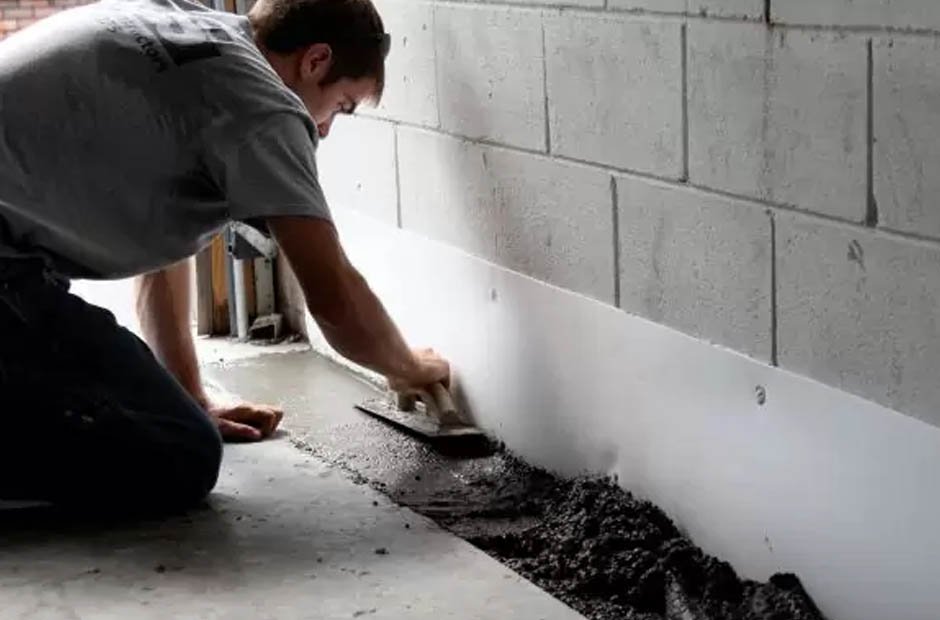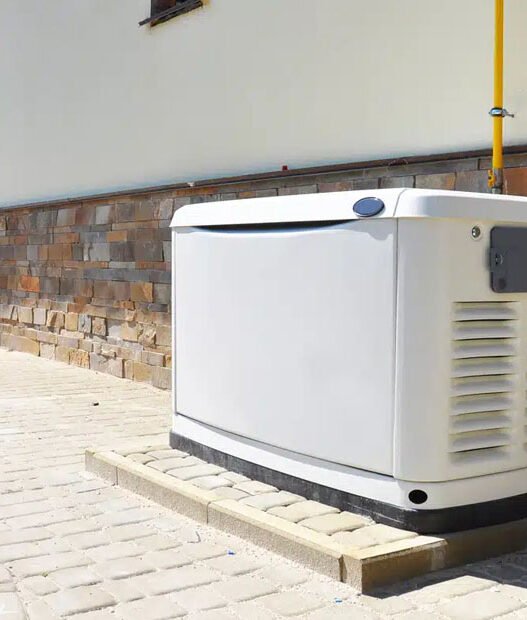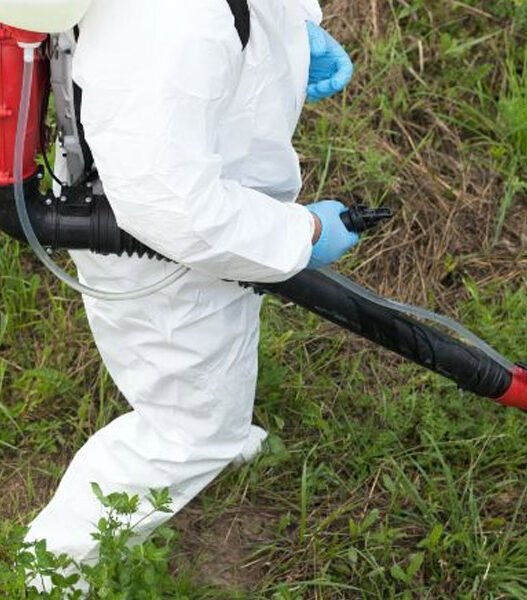When it comes to home upkeep, many people concentrate on things like the roof, plumbing, and HVAC systems. The basement, on the other hand, is one of your home’s most susceptible and often disregarded areas. Water penetration can be a subtle, insidious menace that not only jeopardizes your home’s foundation but also poses major health risks. Interior basement waterproofing is an important, proactive approach for preventing water damage and ensuring your home’s structural and financial stability.
Understanding water intrusion and its consequences
Water intrusion happens when moisture seeps into your basement, usually through fractures in the walls, floors, or foundation. This is due to a variety of circumstances, including high rainfall, poor drainage, and variable groundwater levels. Even a minor breach can allow water to steadily permeate over time, resulting in more substantial damage.
When water enters the basement, it weakens the foundation, affecting the construction of your home. Moisture buildup frequently promotes mold and mildew growth, which can cause respiratory issues and other health dangers. Furthermore, persistent wetness can deteriorate stored items and harm insulation, electrical systems, and even flooring. Dampness in your basement can cause paint and wallpaper to peel, which is not only ugly but also harms the aesthetics of your home.
Improper drainage systems in your home might compound the situation. If your gutters are blocked, downspouts are misdirected, or the grading surrounding your foundation is uneven, water will pool around your basement walls, increasing the likelihood of seepage.
Benefits of Interior Basement Waterproofing
Investing in inside basement waterproofing is one of the best decisions you can make as a home owner. It not only prevents immediate and long-term water damage, but it also provides a variety of other benefits that increase the overall value and functionality of your property.
One of the most significant benefits of waterproofing is the elimination of mold and mildew. These fungi thrive in damp, gloomy conditions, so basements are good breeding grounds. Keeping your basement dry reduces the chance of mold growth, which can cause serious health problems, particularly for individuals with asthma or allergies.
Waterproofing also strengthens your home’s structural integrity. Moisture buildup can damage the foundation over time, resulting in fractures and other structural issues. If not addressed, this could lead to costly repairs. By waterproofing your basement, you are taking a proactive approach to avoiding such problems and saving yourself from future costly expenses.
Waterproofing your home not only protects it, but also increases its market value. A dry, well-maintained basement is an appealing aspect to prospective purchasers. It reassures them that they will not have to deal with water damage or mold concerns again. Furthermore, a waterproofed basement can give additional living or storage space without the risk of water damage.
Another benefit that is often overlooked is energy efficiency. Waterproofing helps to keep your basement at a steady temperature. Moisture control reduces winter heat loss and summer heat gain, resulting in lower heating and cooling expenses.
Types of Waterproofing Solutions
When considering waterproofing options for your basement, it’s crucial to recognize that there are several ways, each tailored to particular demands and conditions.
The most popular way is to apply inside sealant. These products, which can be used as paints or sprays, form a moisture barrier on walls and floors. They help to keep water from entering the basement in the first place. Sealants, on the other hand, are usually a temporary remedy and may not be adequate for more serious water intrusion problems.
Another frequent method is to install an inside drainage system. This entails laying a French drain or drainage channel around the perimeter of your basement. The system collects water that seeps in through walls or floors and distributes it to a sump pump, which discharges it away from the foundation. This method is especially effective for residences in locations with high groundwater levels or heavy rainfall.
Crack injection is an effective remedy for noticeable cracks in basements. This includes injecting a flexible sealant into foundation fractures to prevent water from entering. It is useful at resolving limited water difficulties.
Vapor barriers are another way to regulate humidity levels. Vapor barriers prevent mold formation by decreasing condensation and moisture buildup in your basement, keeping the air quality healthy.
Recognizing Signs of Water Damage
Even if you don’t see water in your basement, there are subtle symptoms of moisture concerns. One of the most evident is a musty odor, which is a sure sign of mold or mildew. Discoloration or water stains on the walls and floors, as well as efflorescence, a white, powdery substance left behind when water seeps through the walls, are all symptoms of water intrusion. Cracks in the foundation or peeling paint are additional clues that water is causing harm.
Pay attention to the condition of your windows and doors. If they are difficult to open or stick, it could indicate that they have enlarged owing to excess moisture.
Which is the better option: DIY or professional waterproofing?
The decision to tackle waterproofing as a DIY project or hire a professional is based on your experience, the severity of the problem, and the intricacy of the task. DIY waterproofing may appear to be a low-cost alternative, but it is not without risks. Mistakes can result in insufficient waterproofing, causing recurring issues and costly repairs later on.
Professionals provide expertise, specific tools, and experience, guaranteeing that the project is completed correctly the first time. They can also detect hidden concerns that are not immediately obvious, such as cracks deep in the foundation. Furthermore, professional services frequently come with guarantees, giving you peace of mind knowing that the job is guaranteed.
In the long term, investing in professional waterproofing pays you by avoiding future problems and protecting your home.
Long-term Cost Savings and Peace of Mind
Waterproofing your basement can result in significant long-term savings. By treating water intrusion before it becomes a major issue, you can prevent the costs of substantial water damage, mold cleanup, and structural repairs. A well-maintained, waterproofed basement also increases the resale value of your property and makes it more appealing to purchasers.
One of the most significant advantages of waterproofing is the piece of mind it brings. Knowing that your basement is dry and free of water damage provides you the confidence to utilize it for storage or even as a living space without worrying about the long-term consequences of water incursion.
Finally, interior basement waterproofing is an important investment that not only protects against water damage but also improves the overall quality and worth of your property. Whether you do it yourself or hire a professional, waterproofing your basement is a long-term investment. Protect your property, keep your valuables safe, and reap the benefits of a healthy, dry living environment.

















